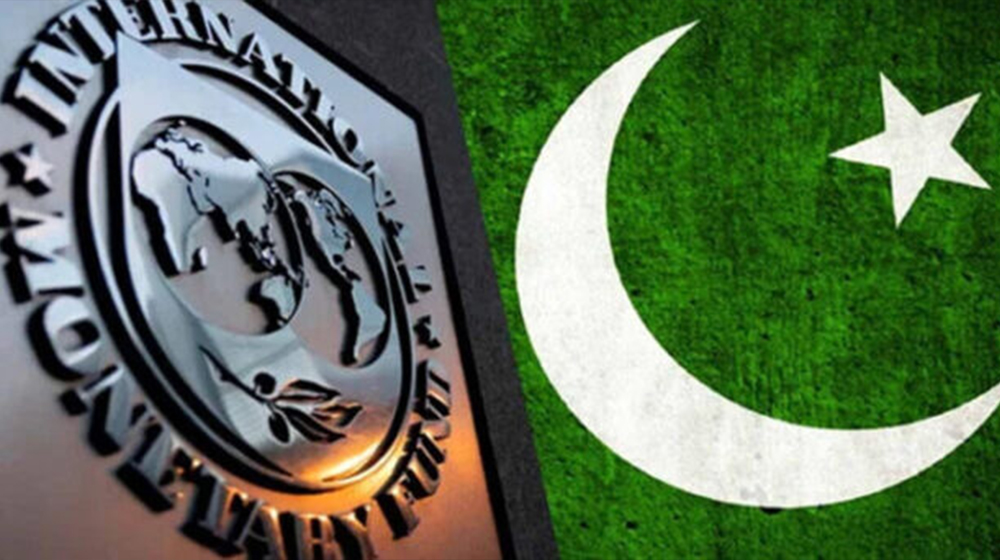According to the ongoing policy negotiations, if the country’s tax collection is laughing in the second quarter of this fiscal year, the International Monetary Fund could demand new emergency tax measures in Pakistan.
Officials told proposal that Pakistan’s Federal Board of Revenue (FBR) collected Rs 2.89 trillion in the first quarter of the financial year 2025-26, which reduced its target of Rs 3.08 trillion to Rs 198 billion. September also lost the market, with a target of Rs 1.37 trillion, Rs 1.23 trillion was collected against the target.
This reduction has raised concerns that the FBR could lose more than Rs 400 billion more than Rs 14.13 trillion, which could potentially be forced to revise. Although talks are underway to revise the target, no final decision has been made.
Finance Minister Mohammad Aurangzeb has just rejected the possibility of a mini -budget, saying that there are currently no new tax measures. “So far, no work has been initiated on new tax imposing measures in the FBR,” said a senior official.
The FBR is instead focusing on reforms to enhance capacity and implementation, including hiring 1,600 new auditors in key sectors like sugar, fertilizer, cement, tobacco, poultry and textiles and monitoring digital production. Agency is also integrating the data sources and digitalizing processes to better track economic activities and identify taxators, which plans to use AI -powered risk parameters for audit selection.
According to FBR data, these reforms have helped Pakistan increase the GDP ratio from 8.8 % in 2023-24 to 10.24 % in 2024-25. Enforcement revenue has increased by eight times a year, and the evaluation of customs without a new face has increased the announcement of per goods by 17.3 %.
Nevertheless, the IMF is concerned about the risk of permanent income differences. In its latest review under the standby arrangements, the fund highlighted eight emergency measures that agreed with Pakistan earlier, if the collection continues to decrease, it can be mobilized.
These include increasing sales tax on textile and leather, imposing federal excise duty on sugar, and preventing various advance and taxes on imports, supply, services and contracts.

